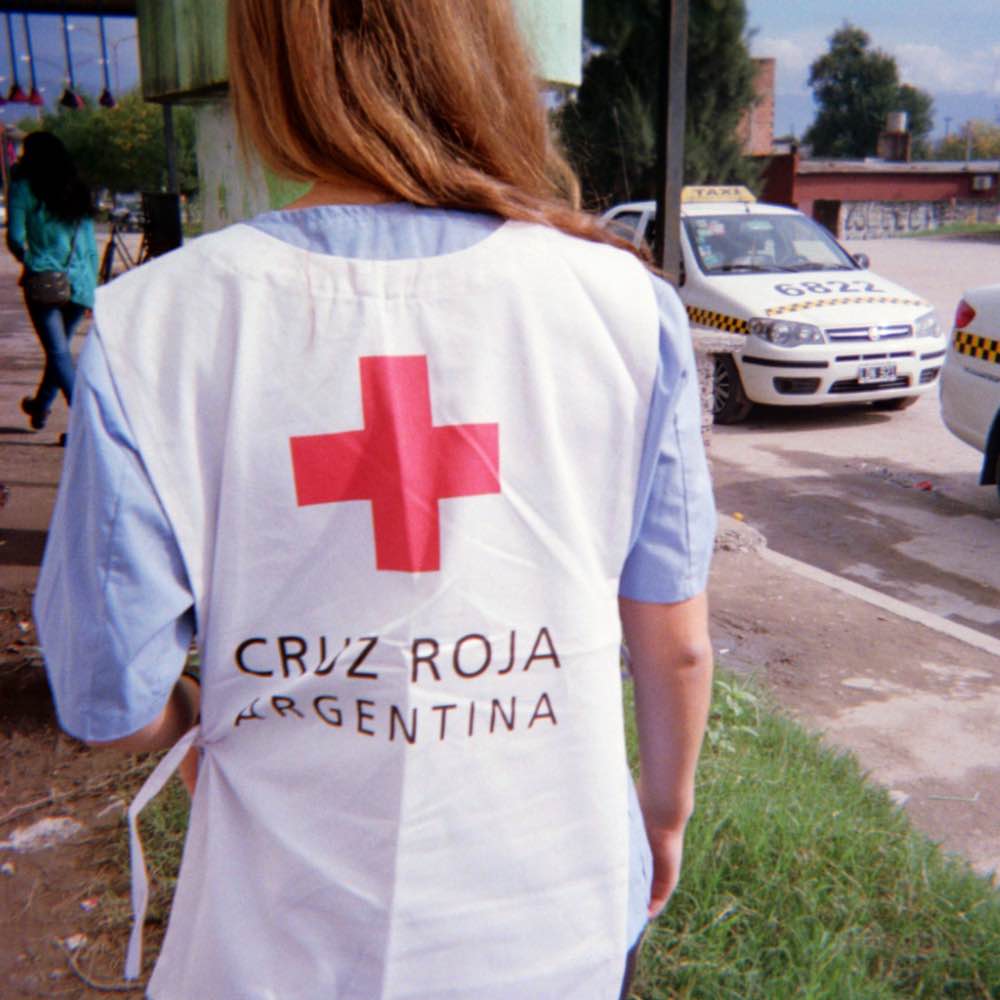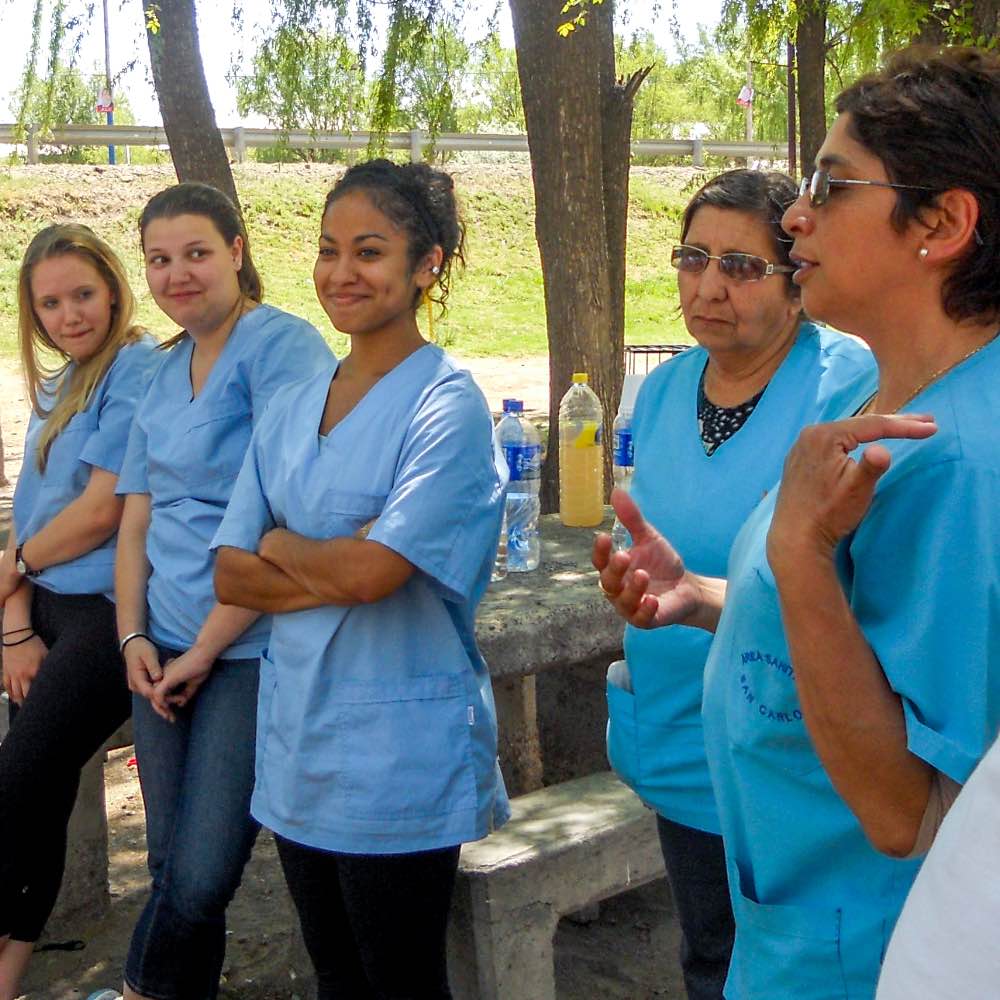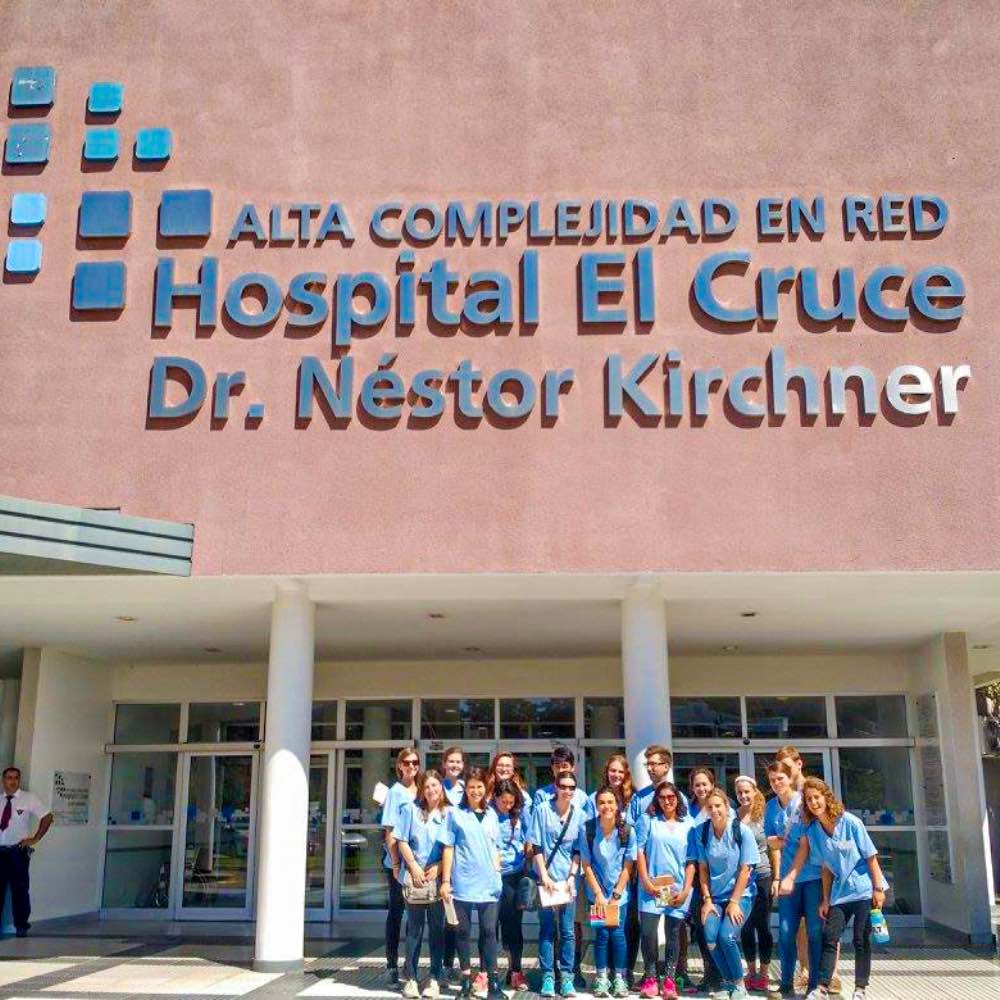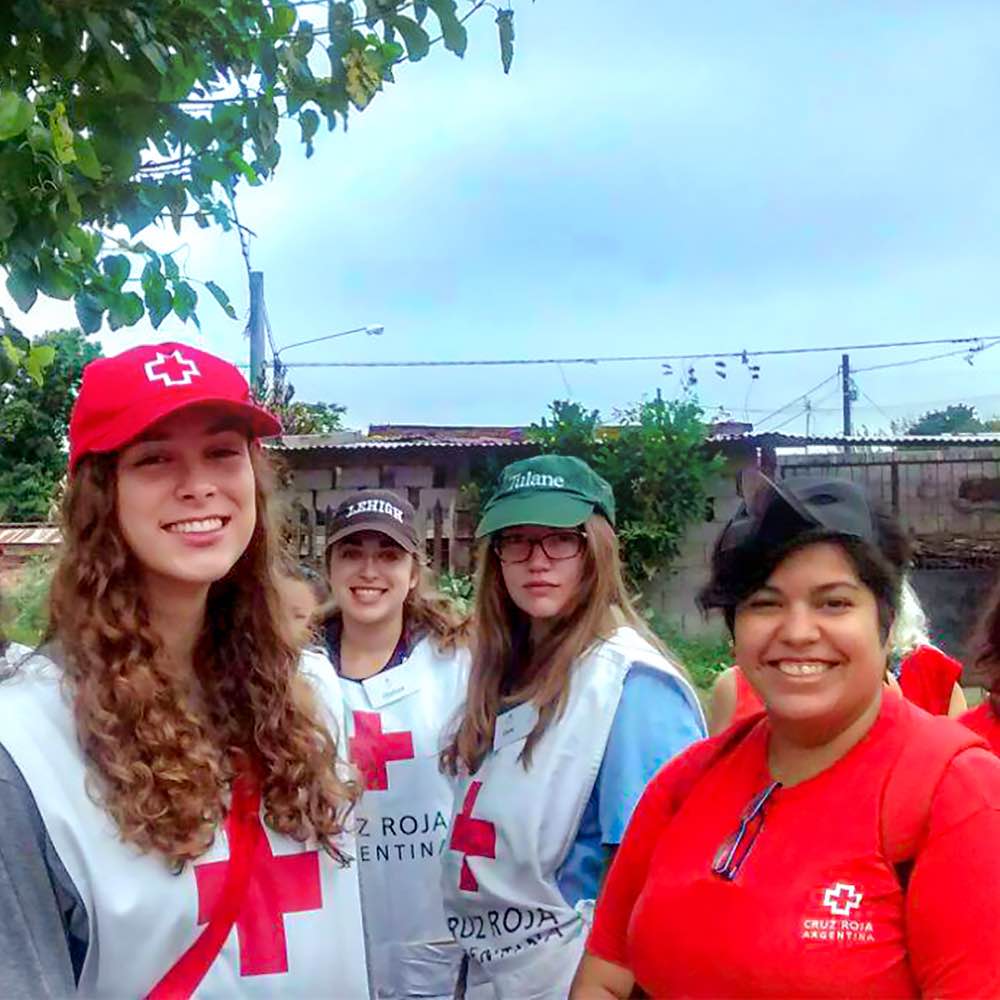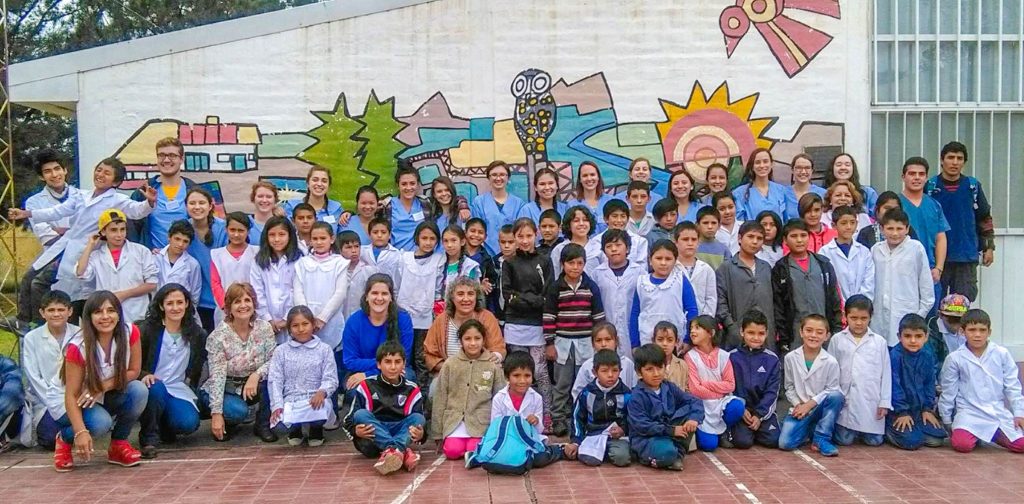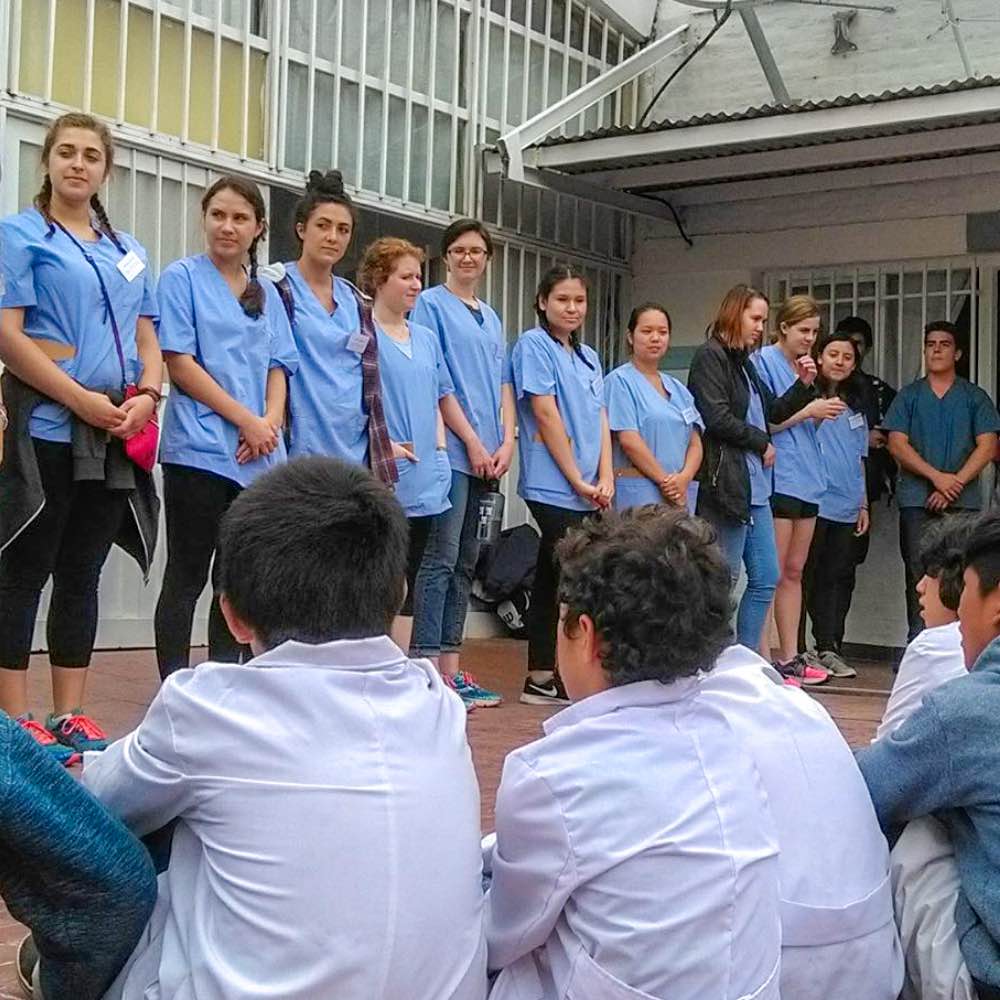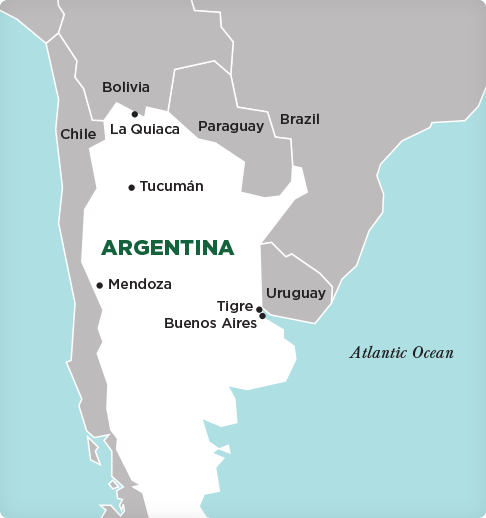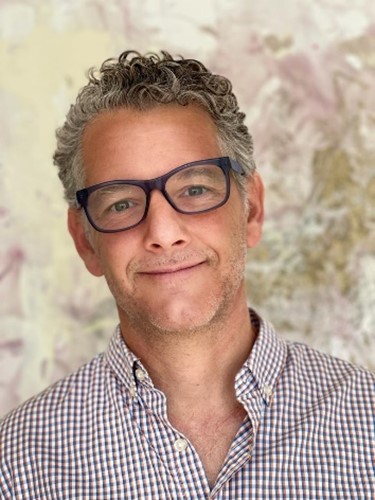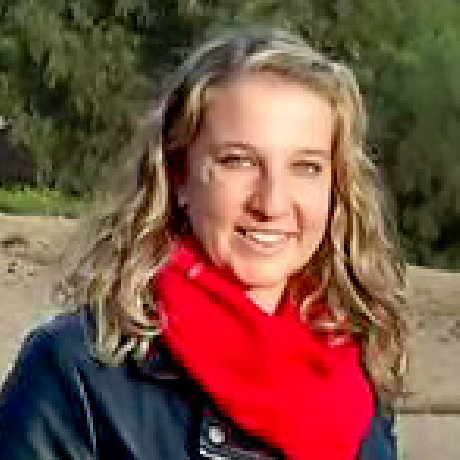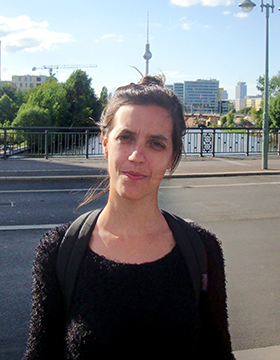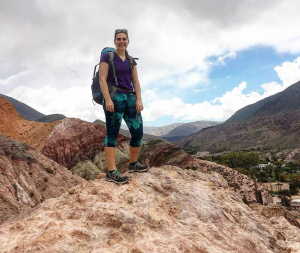Overview
Why study public health in Argentina?
More than 30 percent of Argentina’s population lives in greater Buenos Aires. Living here, you’ll see marked contrasts of wealth and poverty and related disparities in health. You’ll benefit from SIT’s close partnership with ISALUD, the nation’s top health university and think tank. You’ll also have access to senior public officials and other health professionals and advocates.
Excursions will provide opportunities to compare health services and systems in different areas. In Buenos Aires, you will explore how health systems organize by dialoguing with people and experts and visiting various services from small community centers to the country’s largest and most complex pediatric hospital. In Mendoza, you will learn about using primary healthcare to improve access to health services. In Tucumán, one of the country’s most impoverished provinces, you will learn about the role of civil society in promoting health. By volunteering with a Red Cross community project, you will experience how NGOs work together with governmental institutions to improve community health and living conditions
You will also develop Spanish language skills related to public health issues and practice through daily interactions with lecturers, healthcare practitioners, and host families.
Highlights
- Study in Buenos Aires, home to renowned health institutions.
- Examine significant social and economic disparities in health.
- Benefit from SIT’s partnership with important health institutions and professionals throughout the country.
- Learn Spanish with a focus on public health.
Prerequisites
Three recent semesters of college-level Spanish or equivalent and the ability to follow coursework in Spanish, as assessed by SIT. At least one college-level course in public or global health, medicine, nursing, development studies, anthropology, sociology, psychology, community development, environmental science, social sciences, or other related fields recommended but not required.



